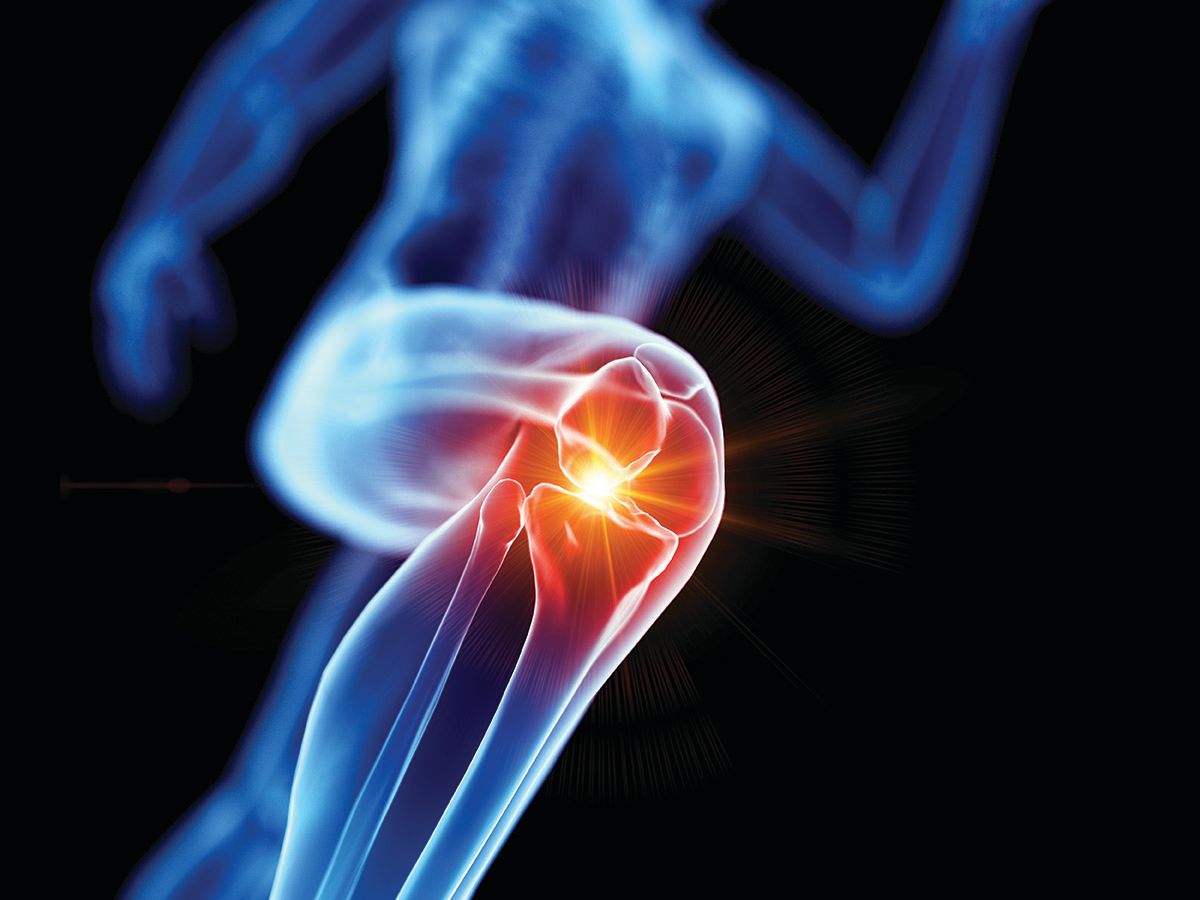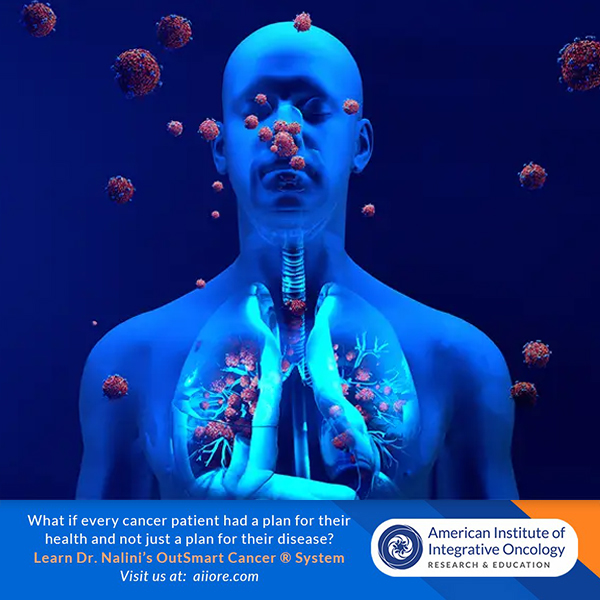Managing Inflammation and Inflammasome in both the Cancer Terrain and SARS-Cov2
There is a subset of cancer patients who suffer significantly more inflammation as well as the sequela of increased inflammation including ongoing cancer related fatigue, increased pain, cognitive deficits. Similarly there is a subset of COVID-19 patients who suffer a cytokine storm and the wildfire of inflammation that leads to respiratory distress syndrome and mortality. Identifying patients with a higher risk of increased inflammation can be assessed by taking a thorough history in search of historical tendencies and patterns and an analysis of single nucleotide polymorphisms (SNPs). Patients with IL1B, IL6 and NFkB SNPs are more prone to developing greater inflammation in both syndromes.
 The inflammatory drivers and cytokines are similar in both cases: NFkB, TNFa, IL1, IL6, IL8, Inflammasone NLRP3, TGFb1, STAT3, JAK2, p38MAPK, Nrf2, AMPK
The inflammatory drivers and cytokines are similar in both cases: NFkB, TNFa, IL1, IL6, IL8, Inflammasone NLRP3, TGFb1, STAT3, JAK2, p38MAPK, Nrf2, AMPK
Activation of Inflammasome NLRP3 is correlated with the development of the SARS CoV2 cytokine storm. Inflammasome activation is an important component of innate immunity which enhances inflammation. Inflammasome activity is correlated with destructive inflammation particularly in viral diseases. Inflammsome NLRP3 increases IL-1B is also upregulated in the cancer terrain, particularly in metastatic lung cancer, breast cancer, fibrosarcoma and gastric carcinoma.
 Curcumin exhibits anti-inflammatory and anti-inflammasome properties and can be used in both syndromes. Curcumin impacts all of the above named inflammatory drivers along with inhibition of COX2 transcription. Furthermore curcumin acts as an antioxidant increasing control of reactive oxygen species present with increased inflammation.
Curcumin exhibits anti-inflammatory and anti-inflammasome properties and can be used in both syndromes. Curcumin impacts all of the above named inflammatory drivers along with inhibition of COX2 transcription. Furthermore curcumin acts as an antioxidant increasing control of reactive oxygen species present with increased inflammation.
I recommend Designs for Health Curcumevail, Thorne Research Meriva and Euromedica Curapro. In managing both the cancer terrain and the SARS CoV2 terrain the dose range is 2g-6g curcuminoids per day.
Another actor, Nrf2, is a nuclear transcription factor that increases the presence of antioxidant proteins when cells are stressed. Management of the cancer terrain also includes support for normal function of Nrf2. Nrf2 is highly expressed in the lungs and is responsible for inhibiting the activity of Inflammasome NLRP3. Sulforaphanes include Di-indole methane, Indole-3-Carbinol and Sulforaphane glucosinolate. Broccoli, broccoli sprouts and kale are dietary sources of sulforaphanes.
I recommend Designs for Health Broccoprotect and Thorne Research Crucera for a high quality source of sulforaphane glucosinolate 50mg twice daily.
Ultimately we may find that the core foundation and targeted supplements used in the OutSmart Cancer System for managing the cancer terrain ALSO protect our patients in the midst of a viral pandemic.
Selected References
Rajendra Karki et al Inflammasomes and Cancer PMID: 28093447 DOI: 10.1158/2326-6066.CIR-16-0269
Saeedi‐Boroujeni et al COVID‐19: A Case for Inhibiting NLRP3 Inflammasome, Suppression of Inflammation with Curcumin? Ali https://doi.org/10.1111/bcpt.13503 Volume128, Issue1 January 2021 Pages 37-45
Howrylak JA, Nakahira K.
Inflammasomes: Key Mediators of Lung Immunity.
Annu Rev Physiol. 2017;79:471‐494. doi:10.1146/annurev-physiol-021115-105229
James W.Pinkertona1Richard Y.Kima1Avril A.B.RobertsonbJeremy A.HirotacLisa G.WoodaDarryl A.KnightaMatthew A.CooperbLuke A.J.O’NeilldJay C.Horvata1Philip M.Hansbroa Inflammasomes in the Lung
Molecular Immunology Volume 86, June 2017, Pages 44-55
Shih-Yi Chuang,1,2 Chih-Hung Lin,3,4 and Jia-You Fang
Natural Compounds and Aging: Between Autophagy and Inflammasome
Biomed Research Int. Volume 2014 |Article ID 297293 | 10 pages | https://doi.org/10.1155/2014/297293
József Tőzsér1 and Szilvia Benkő
Natural Compounds as Regulators of NLRP3 Inflammasome-Mediated IL-1β Production
Mediators of Inflammation Volume 2016 |Article ID 5460302 | 16 pages https://doi.org/10.1155/2016/5460302



